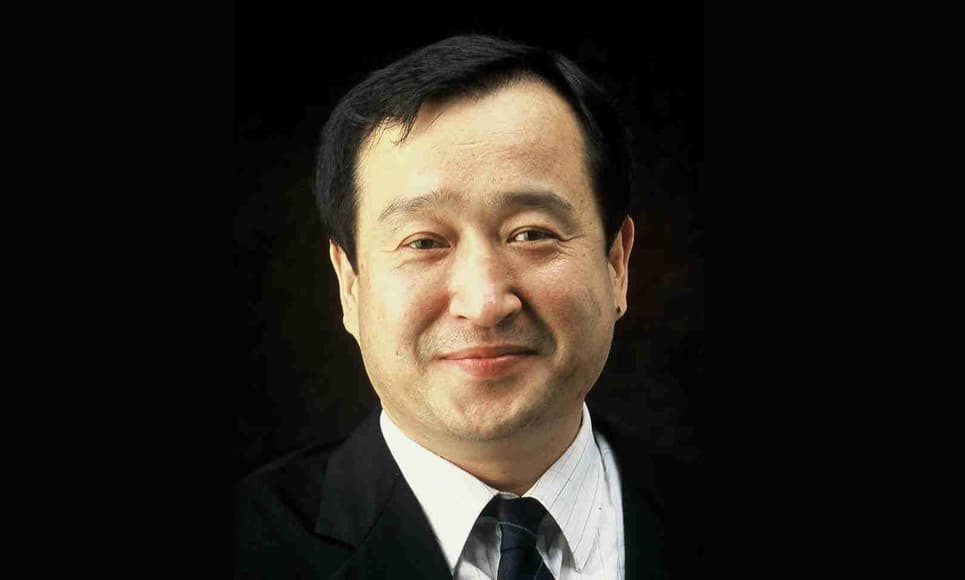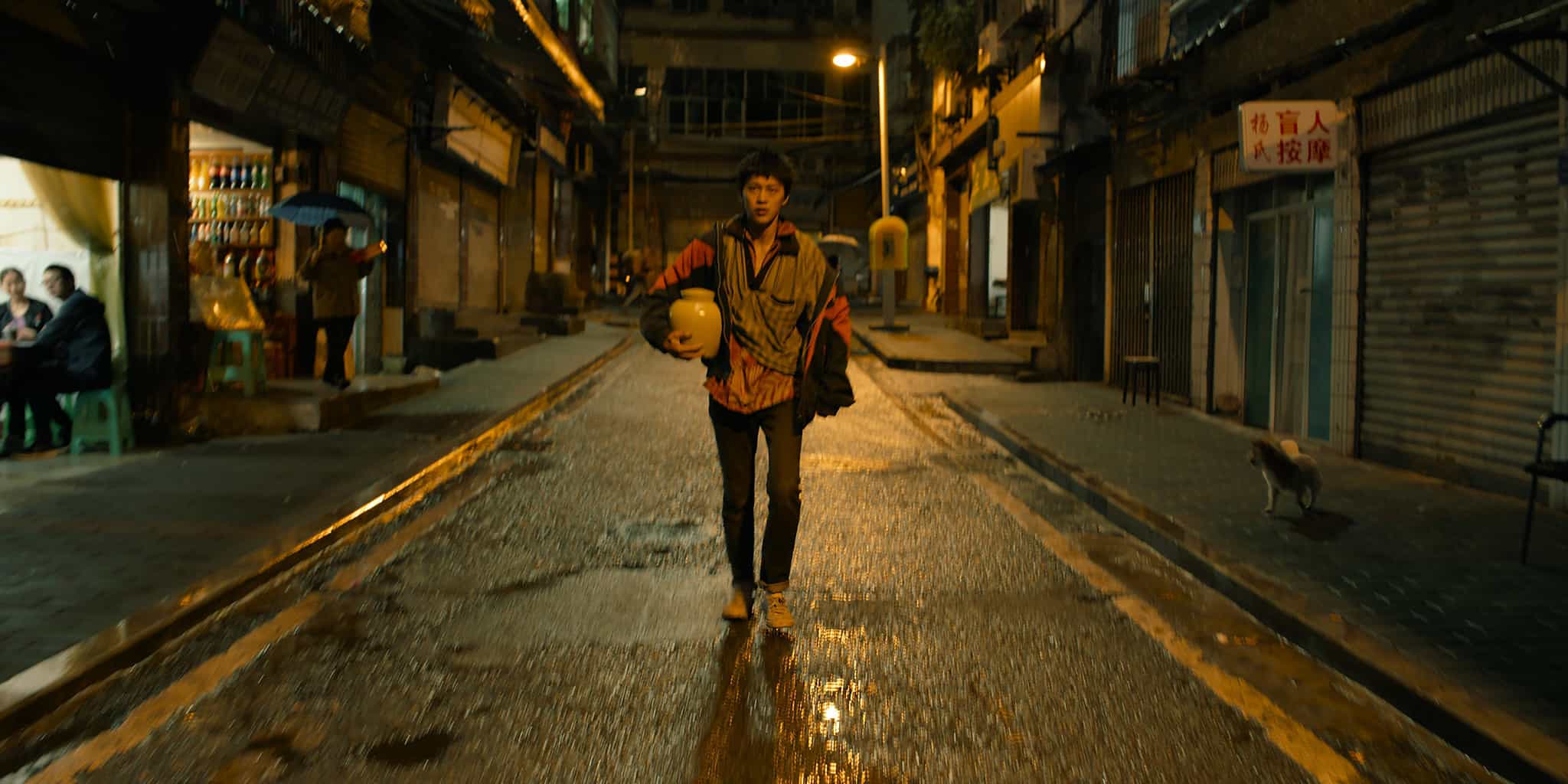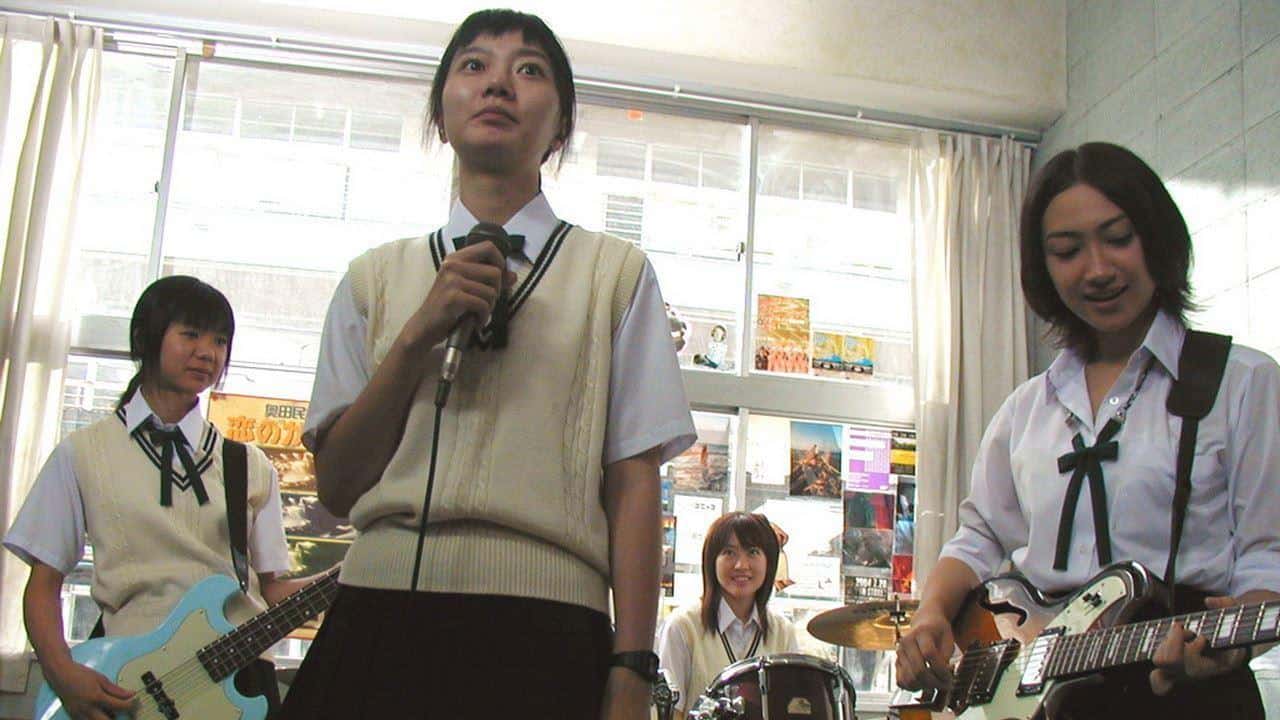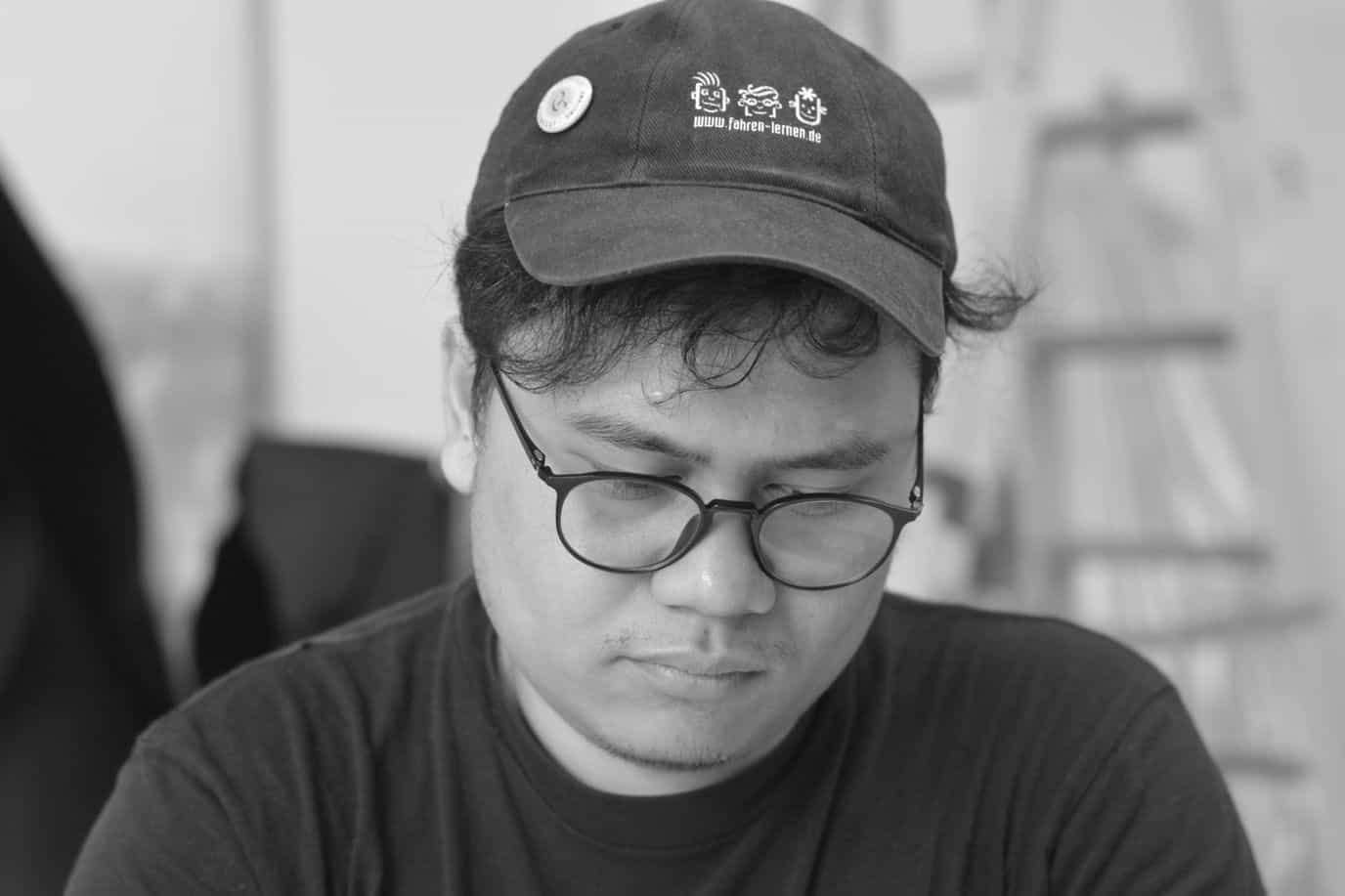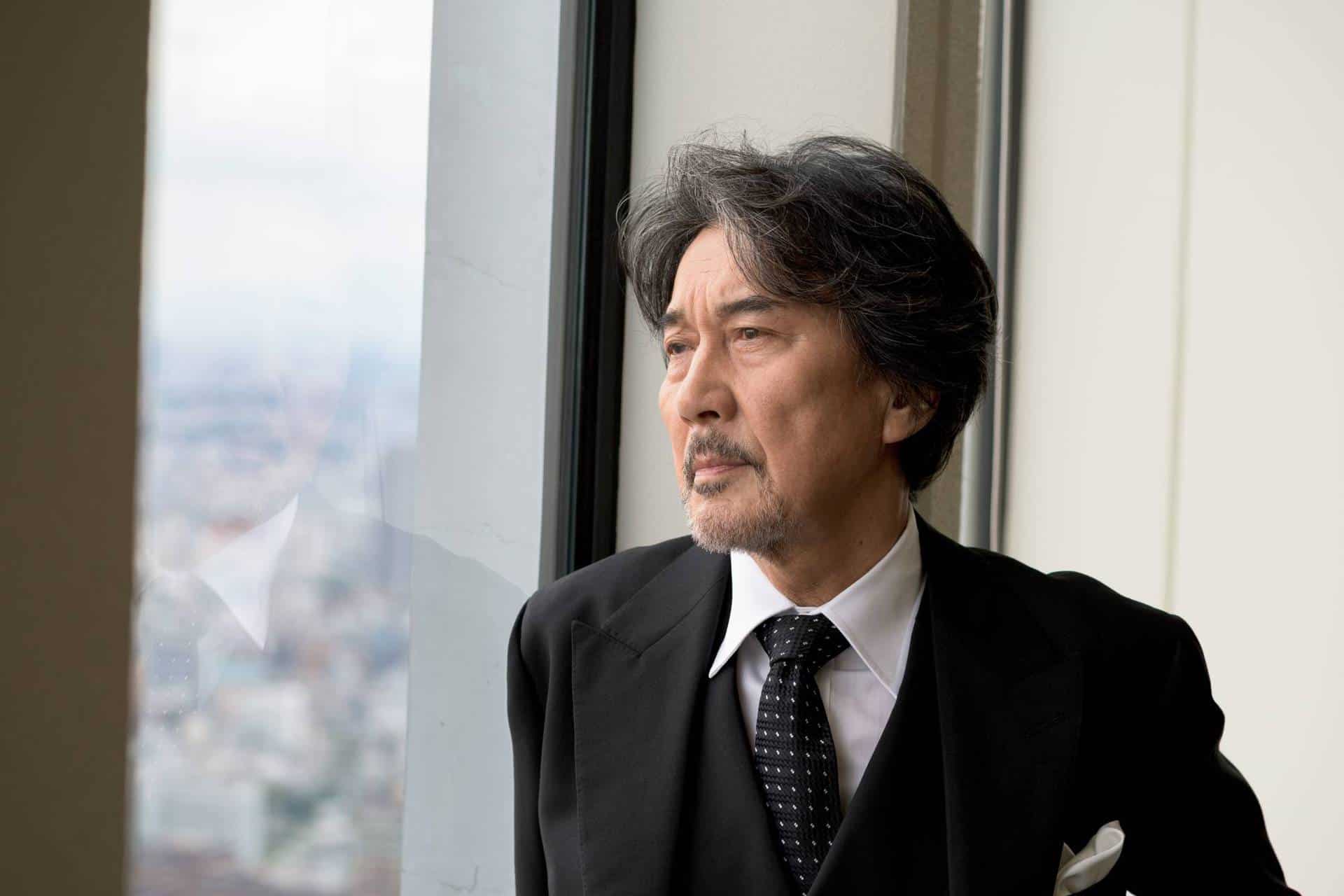Jay Jeon was born in 1959 in Seoul, Korea. He studied journalism at Sung Kyun Kwan University. His film career began whilst still a student in the early 1980's when he started a progressive film movement called the “East West Film Group,” one of Korea's first academic societies for filmmakers and critics, at the Goethe Institute in Seoul. Jeon went on to found a film quarterly, Film Language in 1988 of which he was publisher and editor-in-chief until the early 1990's. He also wrote and translated several books on film auteurs including one on S.M. Eisenstein. Jeon then produced several major film projects including Tale of One City, a film made to commemorate the 500th anniversity of Seoul, Two Cops, one of the most successful box office blockbusters in Korea and Lee Chang-dong's Peppermint Candy and Oasis, both of which were highly acclaimed at international film festivals around the world. Jay Jeon was one of six founders of the Busan International Film Festival, and, in 2005, he was awarded the Cultural Medal from the Korean government for his work in promoting Korean cinema on the international stage. He also received the Medal of Achievement from the Czech Ministry of Foreign Affairs for his work in promoting Czech cinema in Korea and the Award of Achievement at the Florence Korean Film Festival. The Vesoul International Film Festival of Asian Cinemas, where he served as the head of jury in 2020, awarded him an Honorary Golden Rickshaw Award for his achievement in promoting Asian cinema. Having previously served as head programmer and deputy director of BIFF and head of the Asian Film Market from 2011 to 2016 and Jay Jeon is now serving as festival director of the Busan International Film Festival.
On the occasion of his presence as part of the International Jury at Vesoul International Film Festival of Asian Cinema, we speak with him about Parasite, Korean cinema, Busan Film Festival, Lee Chang-dong and many other topics
You have worked with and Lee Chang-dong in the past (Oasis, Peppermint Candy). How was the experience?
As a co-producer of “Peppermint Candy” and “Oasis”, my role was to lead their marketing strategies by bringing overseas investment from those that are interested in art house movies and to help bring the spotlight onto the works at major international film festivals. In the case of “Peppermint Candy” UGC International of France and Japan's NHK showed strong interest but in the end I succeeded in bringing NHK to invest 130,000 US dollars in the film. “Peppermint Candy” was invited to Directors' Fortnight at Cannes and won awards at many film festivals including at Karlovy Vary. “Oasis” won Best Director and the Marcello Mastroianni Award and also had a special screening at Cannes organized by the International Critics Association.
In Particular, regarding the experience as a producer, is he as harsh with his actors as many people seem to think?
Director Lee Chang Dong's strengths lie in his ability for great storytelling and drawing the best from his actors. In this regard he is comparable to Howard Hawks who showed similar strengths in the Hollywood of the 1940's. The facts that Moon So-ri received the Marcello Matrioianni Award for Emerging Actress at Venice and that Jeon Do-yeon received Best Actress at Cannes for “Secret Sunshine” proves that Lee is someone who is able to draw talent that had so until that time been only dormant within his actors. Rumors about Lee being too strict with his actors may stem from the fact that Moon So-ri had a really tough time filming “Peppermint Candy” but it was inevitable when you consider the fact that she was a completely newcomer with no real previous acting experience, so repetitive rehearsals and retakes of scenes had to take place.
The Korean movie industry is mostly known, particularly in the West, for films that are violent and male-driven, crime thrillers let's say. However, in the last few years, through an initiative of Busan film festival, a lot of excellent films by female directors have started to screen both in Busan and abroad, with House of Hummingbird and Moving On being particularly successful, internationally. Why did you choose to go that way and how important do you feel is having female voices in the movie industry?
In Korea, around 250 features are made per year including 150 in the mainstream sector and over 100 features and documentaries in the indie scene. Male-centered views far from gender equality are prevalent in the mainstream scene so entry by female directors as well as their activity in it are still very much limited. There are very few opportunities for female directors in the mainstream scene. So, female directors look for opportunities in the indie scene and lately good results have come from that sector. Great female directorial talents have been supported by several organizations from the project development stage at the Busan International Film Festival (BIFF), Jeonju International Film Festival(JIFF) and the Korean Film Council (KOFIC). Once they are completed, they are screened either at BIFF or JIFF which serve as their gateway to the rest of the world. This is a system that has long been in place. Cases in point are Bora Kim's “House of the Hummingbird” and Danbi Yoon's “Moving On”.
Would you say in general, that the industry supports women filmmakers?
Having diverse female directorial talents is imperative for the globalization of Korean cinema and I can proudly say that BIFF is leading in that effort by having at least 30% of all invited films from female directors.
Money-wise, it seems that Korean cinema is in a very good place. Is that the actual case?
Behind the unprecedented success of “Parasite” is a perilous state-of-affairs of the Korean film industry. 2019 was especially disastrous for the industry as most Korean films went into the red. A major cause is because of a systematic fault in the industry which pours investment into casting stars. We can say that “Parasite” shows how important it is to have a talented director, excellent script and creative producer as well as a fantastic acting ensemble.
Netflix is also investing in Korean productions. What is your opinion about the whole streaming-service concept? Does it do more good or harm?
Netflix has already secured over 7 million subscribers and streaming platforms such as Disney Plus, Apple TV Plus and Amazon will enter the Korean market and they are all expected to make active investments in producing Korean films, but as most income generated by the ancillary market will be taken by American companies, some negative consequences are expected to occur.
In general, what is your opinion of the future of Korean cinema? What do you think needs to stay the same and what to change?
In order to keep this level of success in Korean cinema in the future, there needs to be a structural change, of putting creativity above all else within the industry instead of focusing on the dominance of capital.
To what do you think Parasite owes its huge international success?
The incredible success by “Parasite” comes from the sheer talent of Bong Joon-ho who is able to make films that are both popular masterpieces as well as art house classics. Only few people in Hollywood have been able to do this including William Wyler, Francis Coppola, Martin Scorsese.
Bong Joon-ho, Park Chan-wook and Kim Jee-woon went to the US at some point to shoot films. Do you think they benefited from that and how important do you think it is that they returned to Korea to shoot films?
Bong's experience in international co-production and Park Chan-wook and Kim Ji-woon's experience of making films in Hollywood is a great help in globalizing Korean cinema. I heard Bong is preparing two films, both of which will have English dialogue and will have international stars in the cast. Park Chan-wook's next film is in the script-writing stage but it will be a Korean film starring Tang Wei and Lee Byeong-heon.
How would you describe the current purpose of Busan Film Festival?
The current agenda on hand for BIFF is to expand the audience interest which is currently focused on films from East Asia to an interest in cinemas from all across the entire continent of Asia and to find and support talented female directors, as I mentioned earlier. We need to find ways to collaborate with streaming platforms and to make BIFF more participation-friendly by developing a festival app.
Would you say that the issues with the local government and KOFIC are in the past? How hard was losing Kim Ji-seok and do you feel the festival has managed to overcome his absence?
At the moment, BIFF is able to collaborate well with the city of Busan and the Korean Film Council but due to the unstable nature of Korean politics, the opposition conservative party could come up victorious two years from now. If that happens, BIFF will once again fall into a terrible difficulty. After the untimely death of Kim Ji-seok, vice festival director of BIFF, three programmers shared his role and tried to fill the gap left by him but they weren't able to work effectively as it is not possible to do Kim's work, an accumulation of work over more than 20 years with Asian filmmakers and gain his encyclopedic knowledge of Asian cinema in a short period of time. It will take a long time to fill the gap left by him.
Is there any episode in the history of Busan that you remember very fondly?
Unlike BIFF's status as the only major film festival in Asia, twenty years ago, when BIFF was relatively unknown, I worked for several years to invite Theo Angelopoulos and Jeanne Moreau to BIFF. It was a great honor and those memories remain still in my heart as one of the most beautiful things that has ever happened in my life.
Where do you see yourself after your contract expires? Continuing in Busan or maybe in some other part of the industry?
My term as festival director will come to an end at the end of February, next year (2021). My term can come to an end or it could be renewed. If I end up leaving BIFF, my film career will probably continue as a festival organizer at another place.


